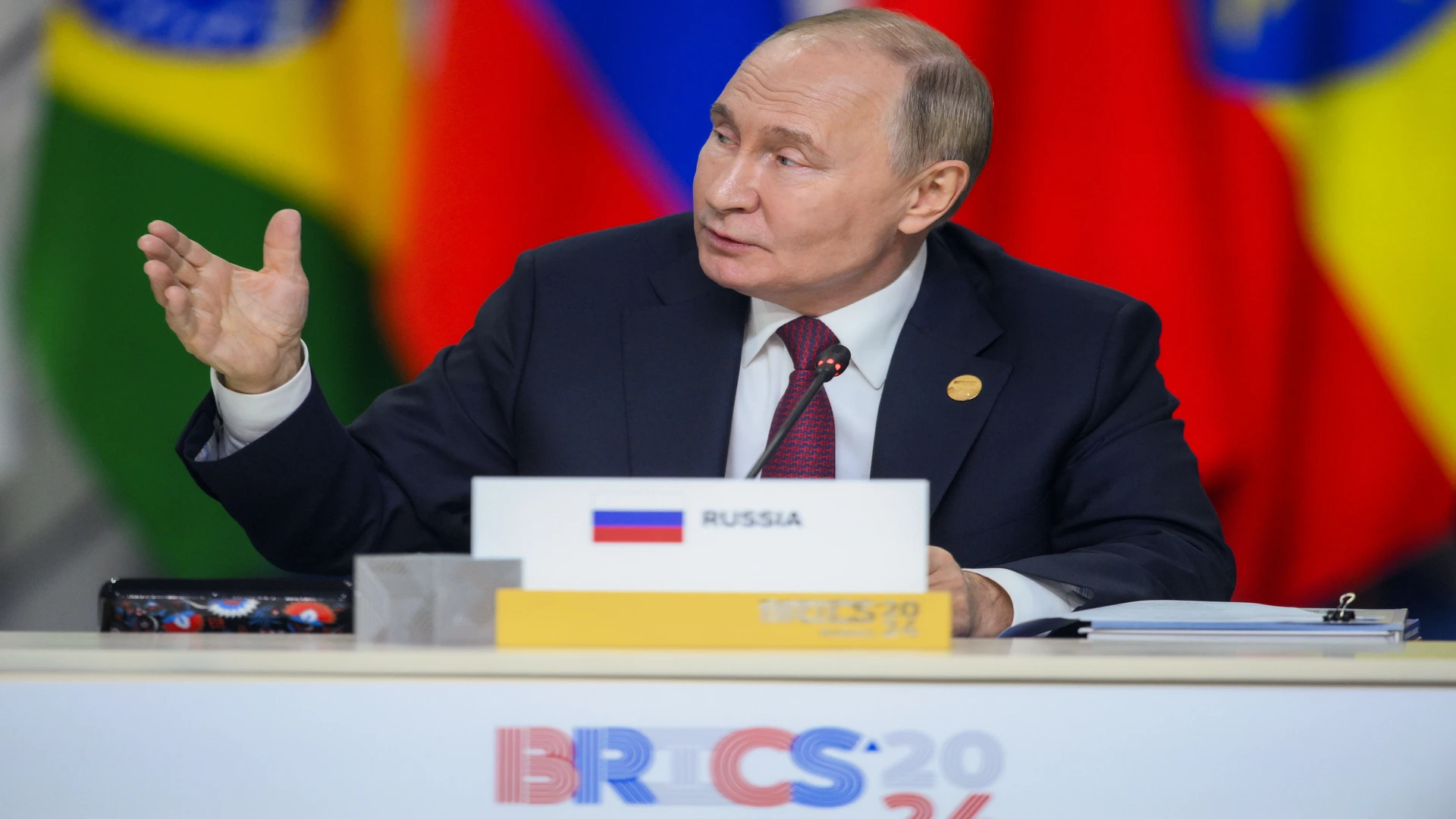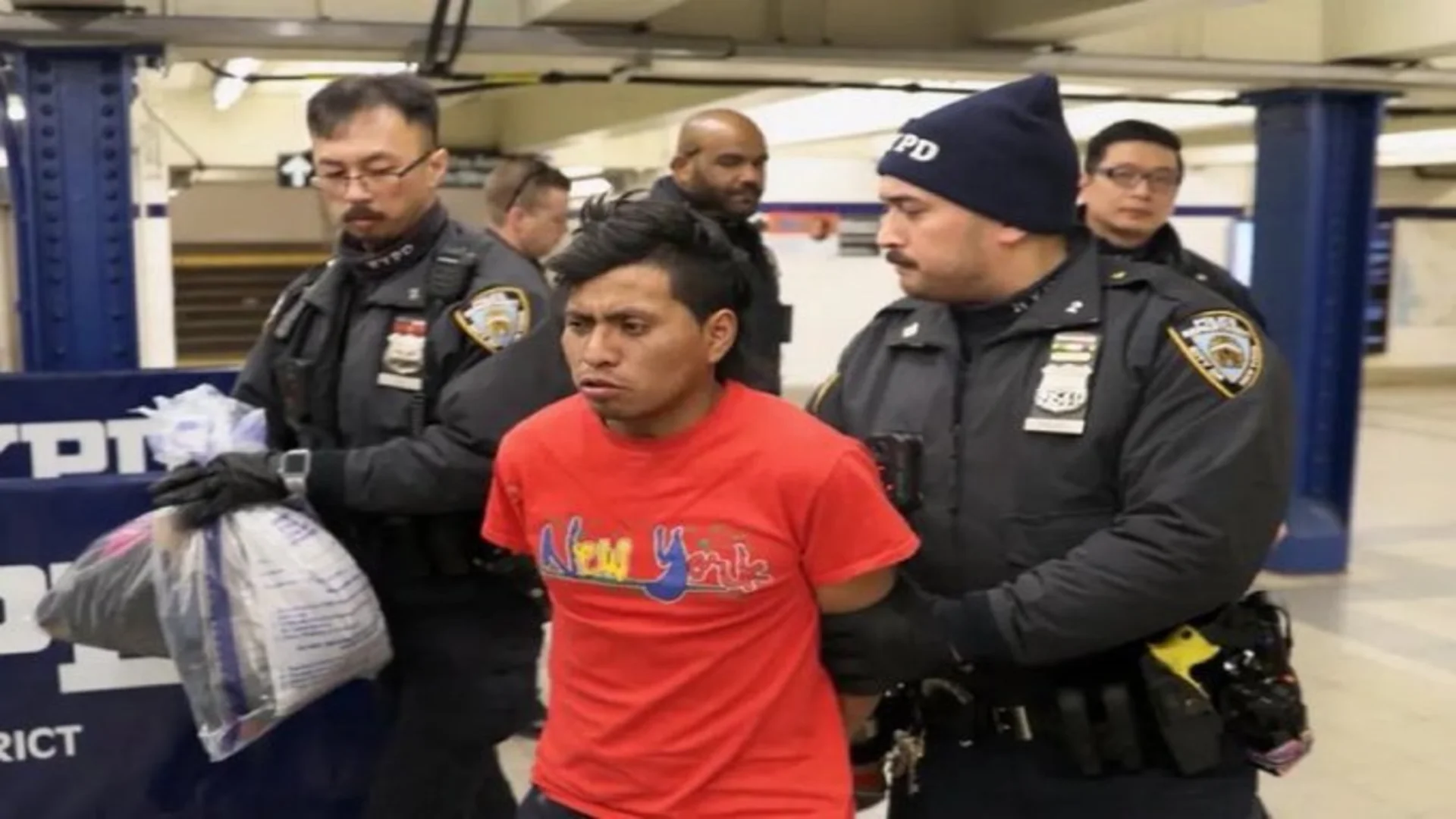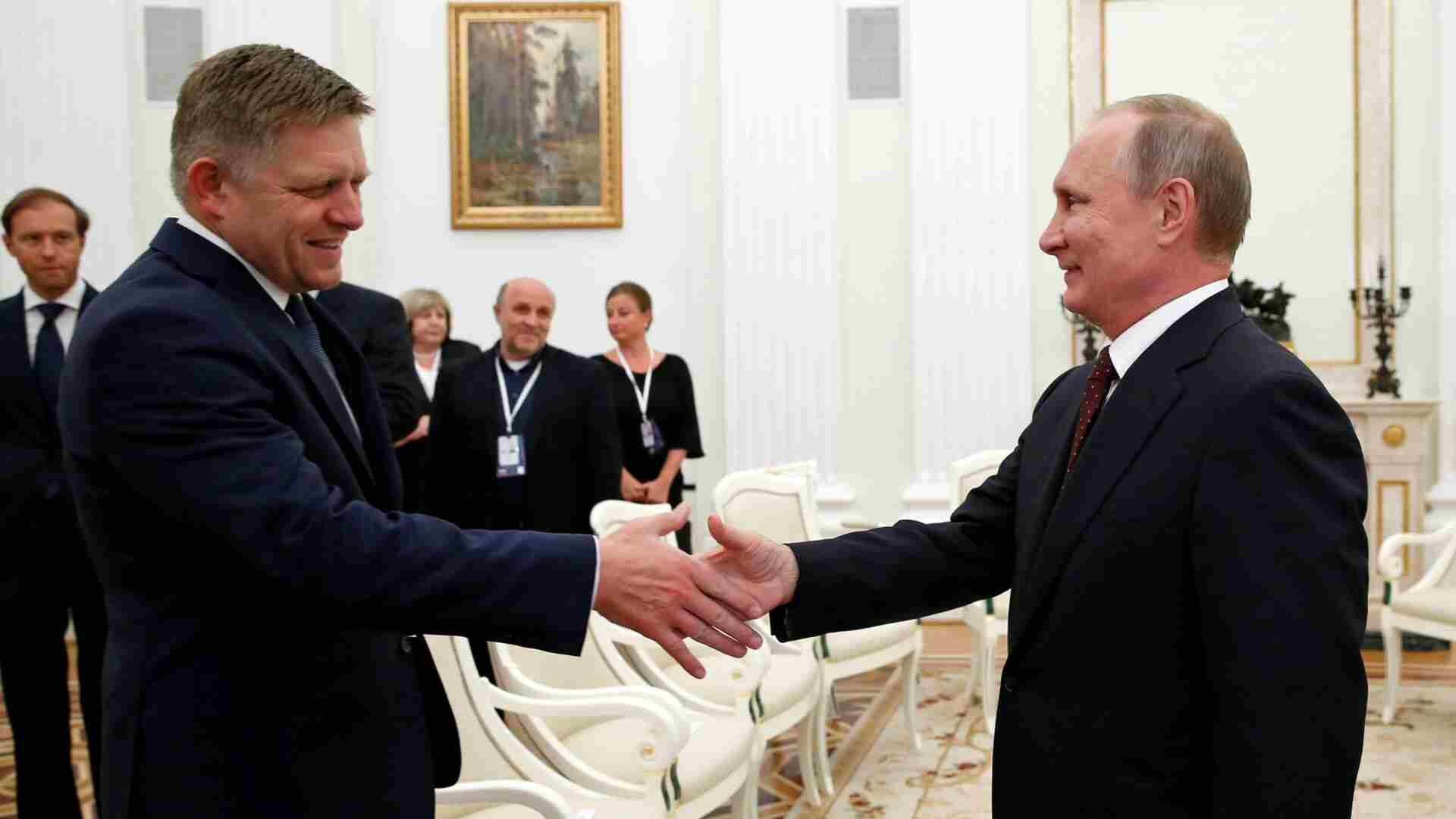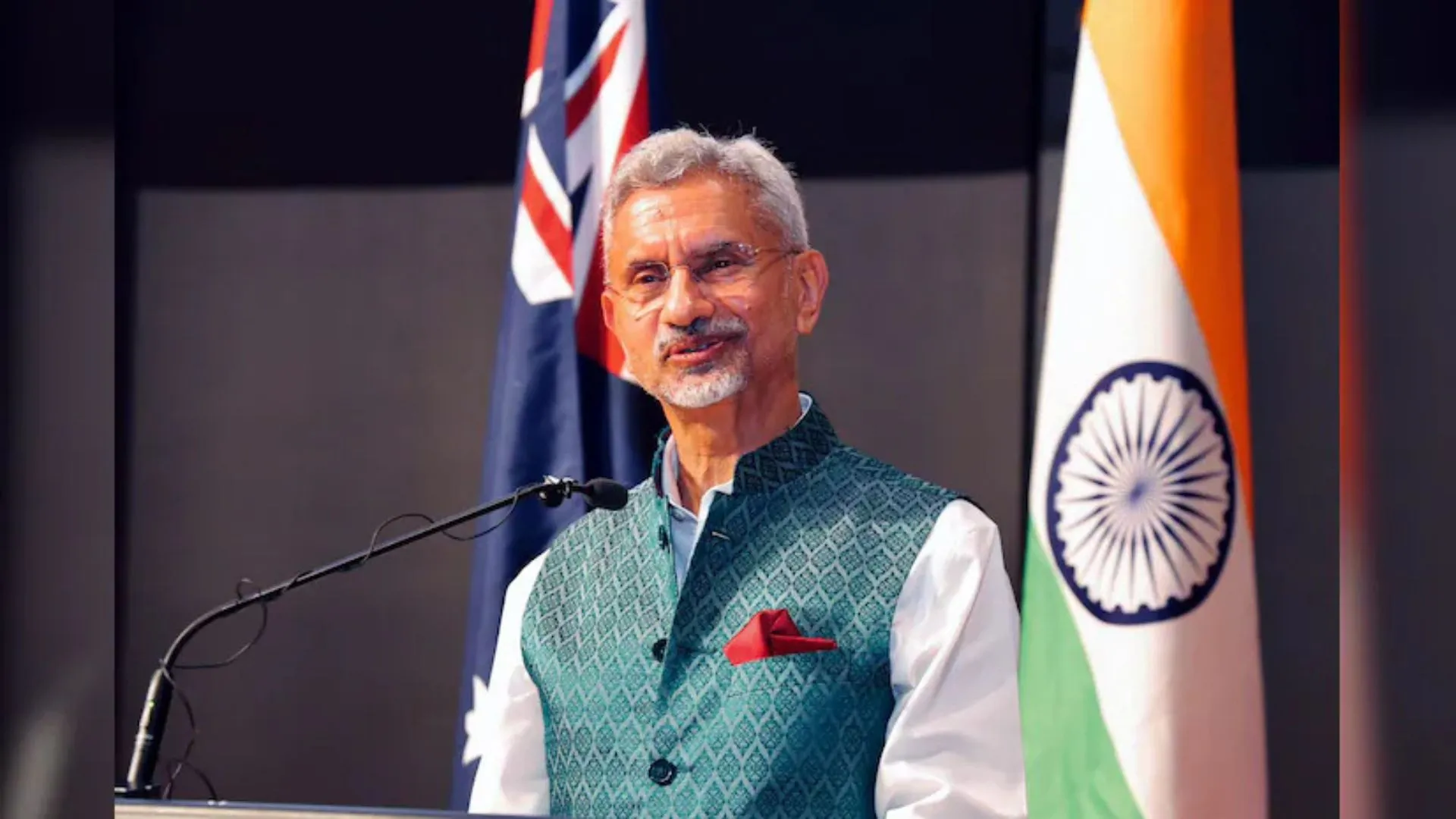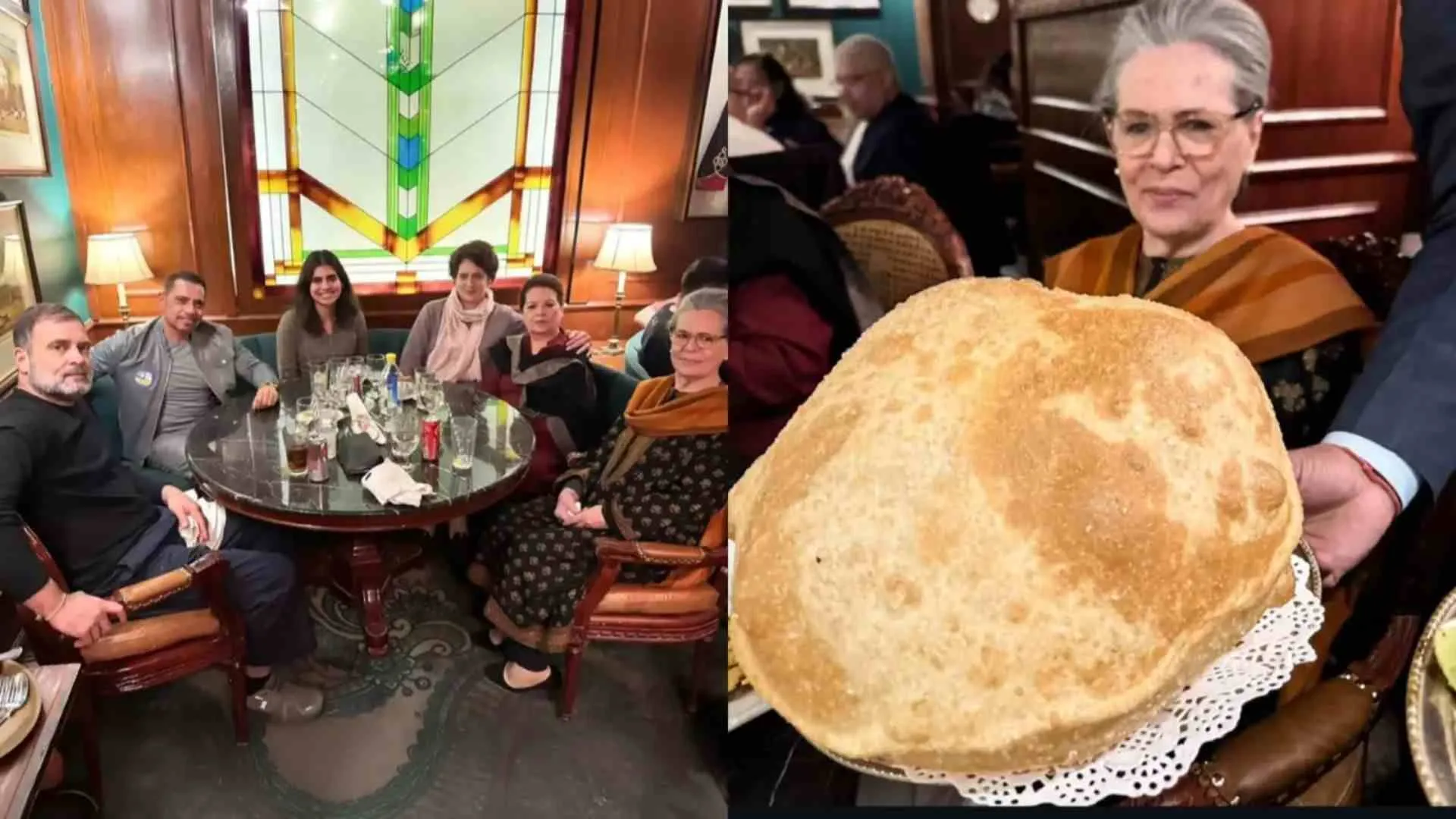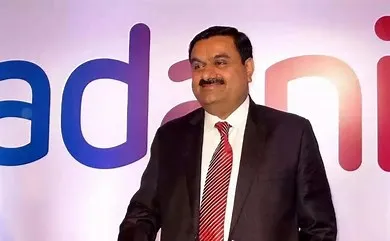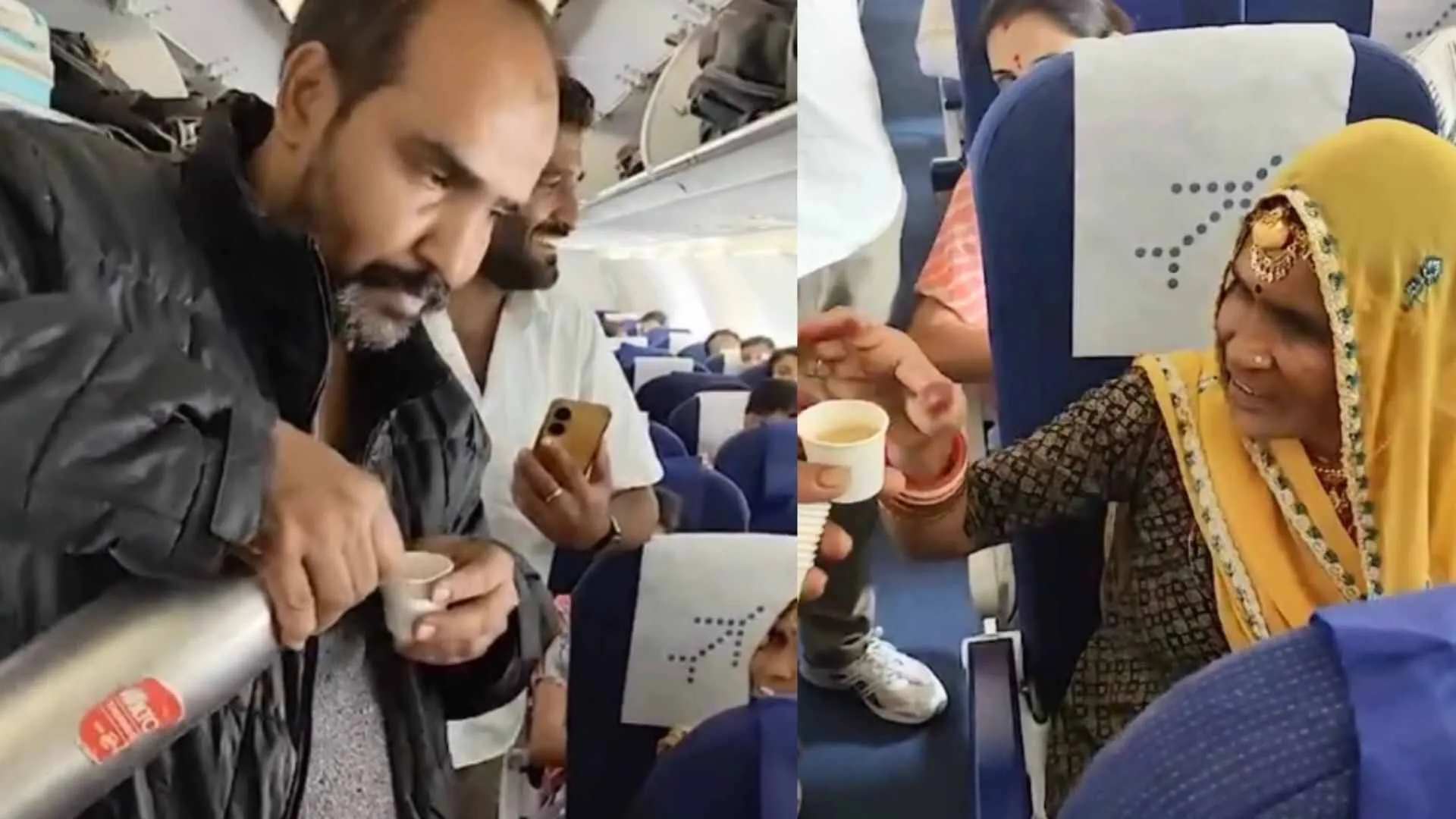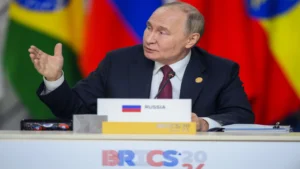Russian President Vladimir Putin is set to visit India, with the dates currently being finalized, Kremlin press secretary Dmitry Peskov announced on Tuesday. Speaking via video conferencing at an event in New Delhi organized by Sputnik news outlet, Peskov stated, “We hope soon, very soon. We are looking forward to it. We will figure out the dates of President Putin to India.”
This marks Putin’s first visit to India since the onset of the Russia-Ukraine conflict nearly three years ago.
The announcement followed External Affairs Minister S. Jaishankar’s discussions with Chinese Foreign Minister Wang Yi on the sidelines of the G20 Summit, where progress on border de-escalation was discussed. Jaishankar expressed satisfaction with the meeting and also highlighted the earlier engagement between Indian Prime Minister Narendra Modi and Chinese President Xi Jinping during the BRICS Summit in Kazan earlier this year.
During the Sputnik media event, Peskov commented on the India-China talks, emphasizing that Russia had not played a role in the discussions. He welcomed India’s potential mediatory role in the Russia-Ukraine conflict and expressed gratitude for India’s efforts. “We value efforts from the Indian Prime Minister, and he (President Putin) is really thankful to Prime Minister Modi and is open for anyone able to contribute and forth,” said Peskov.
Peskov further highlighted the unique relationship between Modi and Putin, stating, “We don’t have any specific plans… But we know that Mr. Modi has a very special and pragmatic relationship with President Putin and he is also in contact with the Ukrainian side, so he is able to receive first-hand information. This is very important because it gives Prime Minister Modi the possibility to evaluate the situation objectively.”
The camaraderie between Putin and Modi was on full display during Modi’s recent visit to Kazan, Russia, for the BRICS Summit. Earlier this year, Modi made an official visit to Russia, his first bilateral visit after resuming office for the third time. During that visit, Modi was conferred with Russia’s highest national award, “The Order of St. Andrew the Apostle,” in recognition of his efforts to strengthen India-Russia ties. From a warm embrace to driving an electric car for “dost” PM Modi, their chemistry attracted significant attention.
Responding to questions about India-China ties at the media event, Peskov said, “We do value our relationship, both with India and China… No one, no one would interfere in that. America shouldn’t do it. That is our understanding among most of the world. Regional countries are supposed to solve their problems.”
He added, “We will continue to develop our relationship, both with India and China. A couple of weeks ago in Kazan, President Putin had the privilege of welcoming his two good friends.” On whether Russia is playing a role in improving India-China relations, Peskov clarified, “We are glad that the two leaders, the leader of India and the leader of China, had the opportunity to hold their bilateral meeting in Kazan, Russia. And this was really good news for everybody in the world. But again, this was a bilateral initiative of India and China, with no interference from abroad, from us. So we were only the organizers of that summit. Of course, being friends of New Delhi and Beijing, we are ready to contribute in every possible way to normalizing relations between our two friends.”
Meanwhile, in Moscow, Putin issued a warning to the United States by signing a decree updating Russia’s nuclear doctrine, titled Foundations of State Policy in the Field of Nuclear Deterrence. This came days after reports surfaced that U.S. President Joe Biden had allowed Ukraine to fire U.S.-supplied long-range tactical ballistic missiles (ATACMS) deep into Russian territory.

